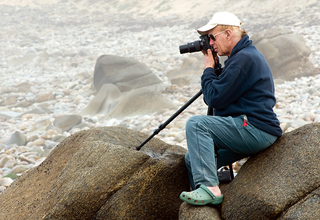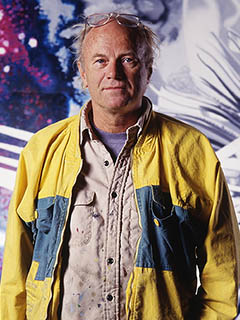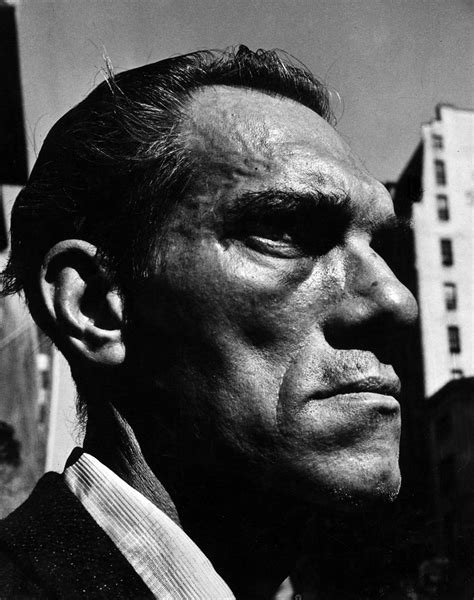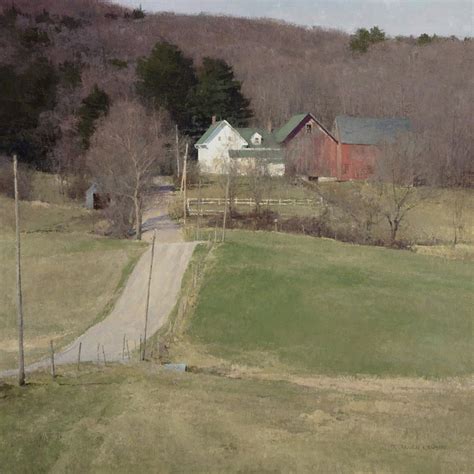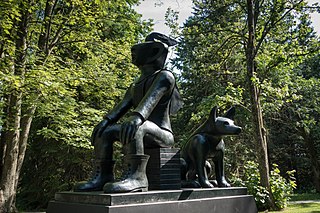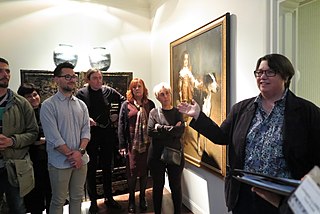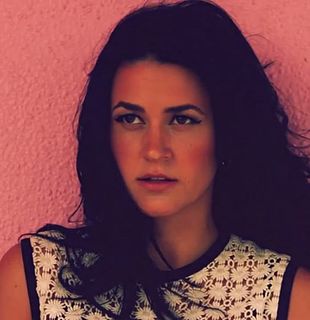A Quote by Mickalene Thomas
I don't see myself as a photographer. I still see the photographs and collages as a resource for the painting.
Quote Topics
Related Quotes
A photographer who wants to see....must recognize the value of the familiar. Your ability to see is not increased by the distance you put between yourself and your home. If you do not see what is all around you every day, what will you see when you go to Tangiers?....Good seeing doesn't ensure good photographs, but good photographic expression is impossible without it.
You have bits of canvas that are unpainted and you have these thick stretcher bars. So you see that a painting is an object; that it's not a window into something - you're not looking at a landscape, you're not looking at a portrait, but you're looking at a painting. It's basically: A painting is a painting is a painting. And it's what Frank Stella said famously: What you see is what you see.
Painting is an illusion, a piece of magic, so what you see is not what you see. I don't know what a painting is; who knows what sets off even the desire to paint? It might be things, thoughts, a memory, sensations, which have nothing to do directly with painting itself. They can come from anything and anywhere.

